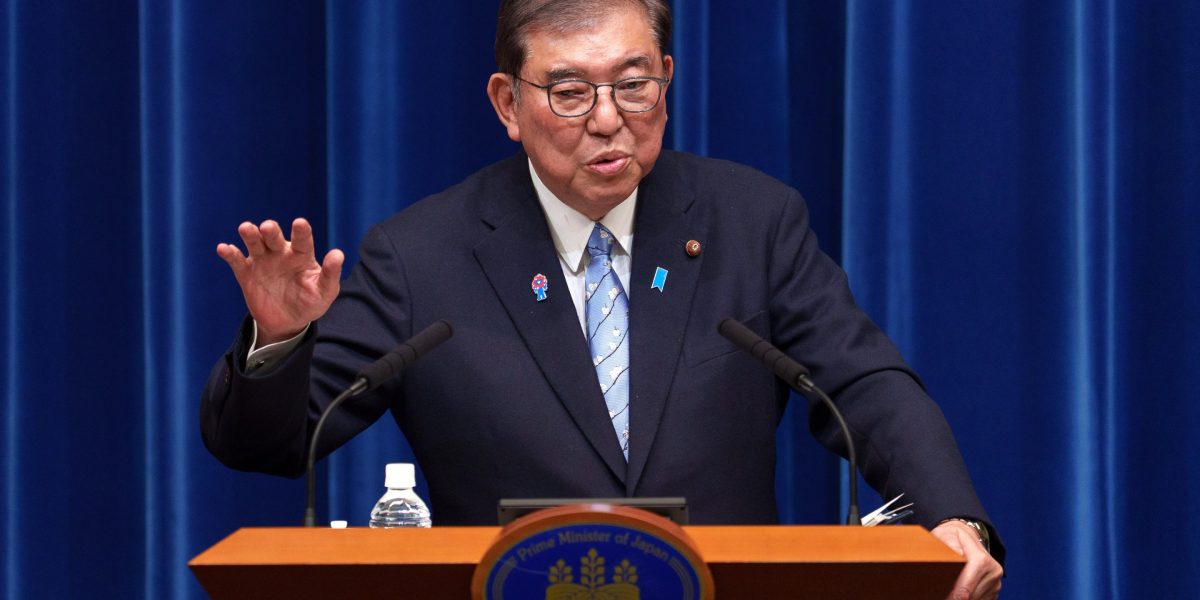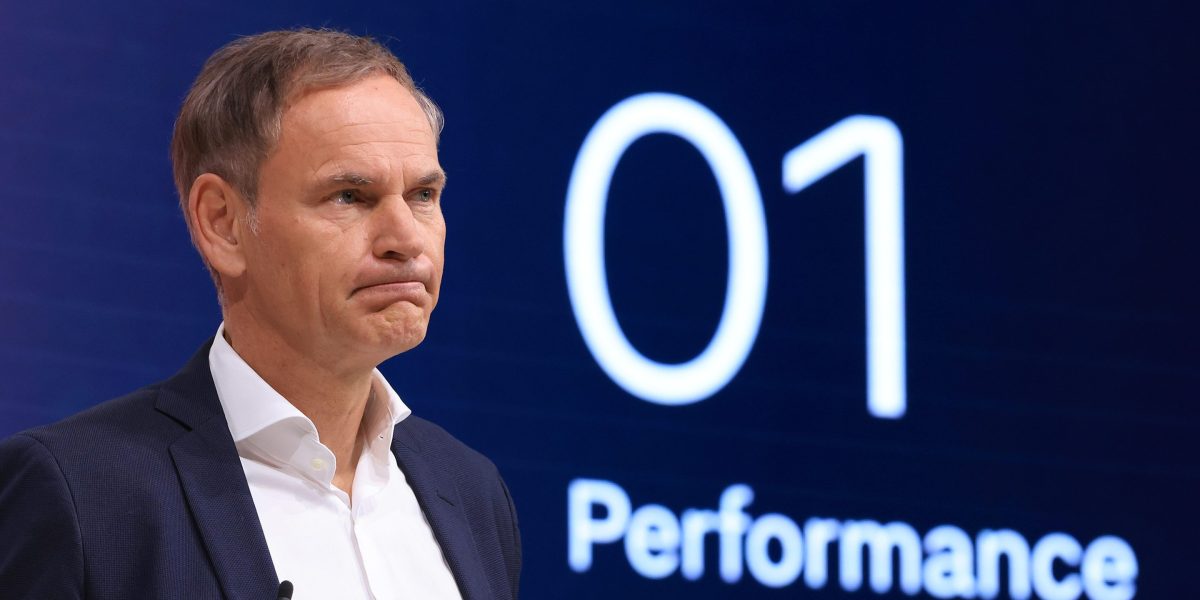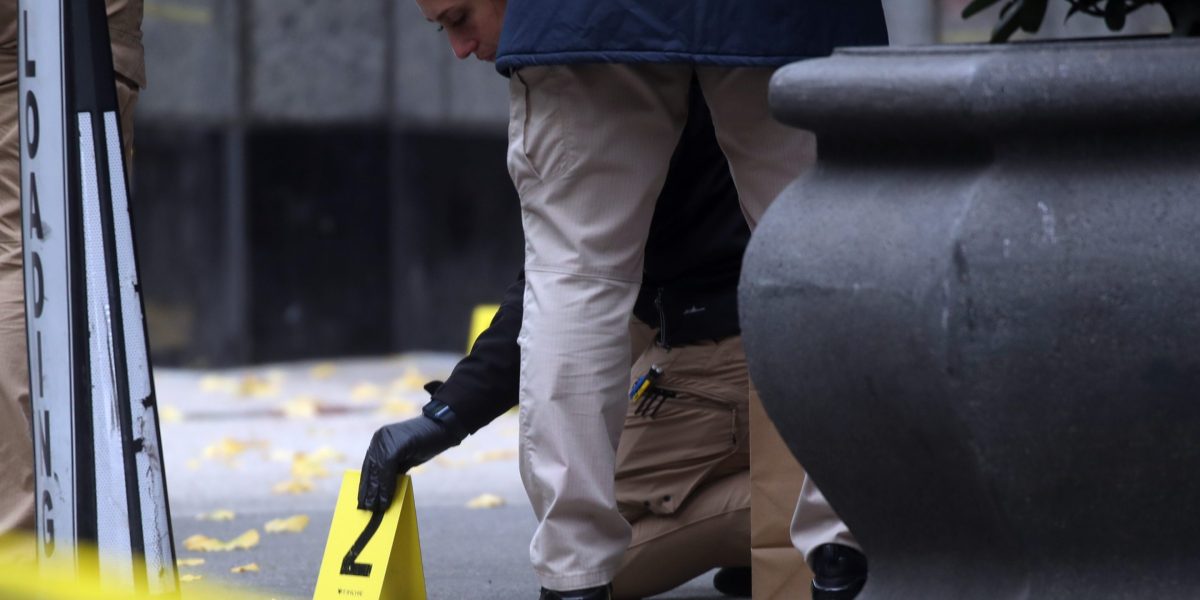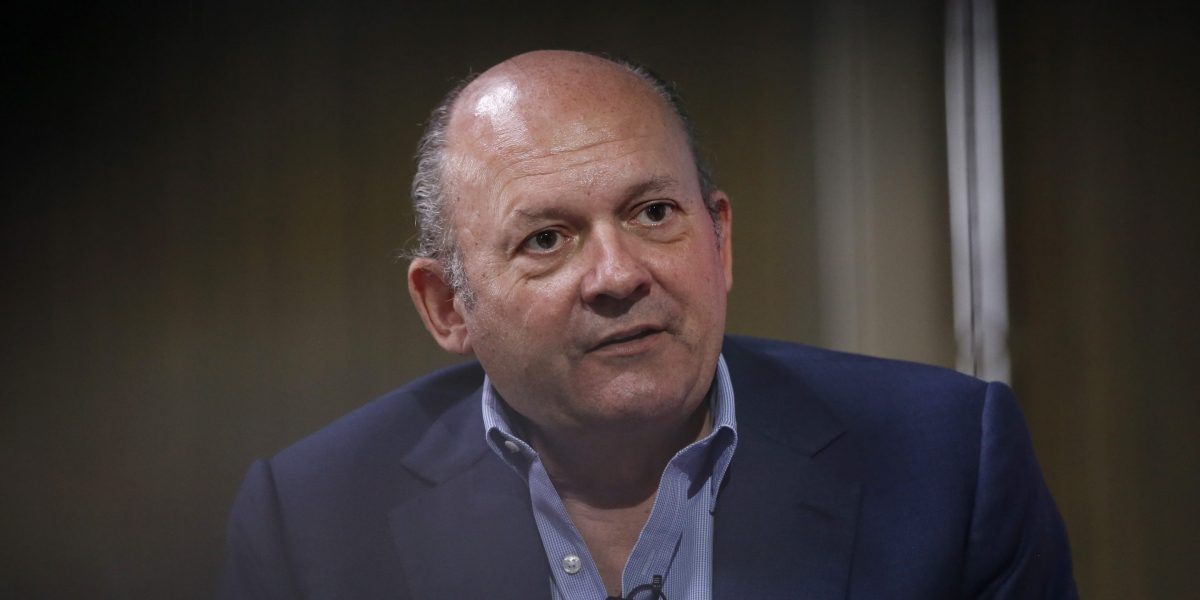“Liberation Day,” in the words of U.S. President Donald Trump, is coming. The White House will formally unveil new tariffs on both friend and foe on April 2 at 4:00 p.m. Eastern Time in the Rose Garden, as the president seeks to retaliate against what he sees as mistreatment by the U.S.’s trading partners.
Many of those trading partners are in Asia, where governments are already trying to prepare for what may be coming.
On Monday, Vietnam—which enjoys a large trade surplus with the U.S.—said it would cut import duties on a range of products including cars, food products, and liquefied natural gas.
Vietnam has benefited from companies reshoring their supply chains away from China; the Southeast Asian country now has the third-largest trade surplus with the U.S. That’s put it high on the list of countries at risk of steep Trump tariffs—and Hanoi could be preemptively offering concessions to avoid triggering a trade war.
India is also offering to slash import taxes on agricultural products like almonds and cranberries, Reuters reported last week. The South Asian country, which had a $47.5 billion trade surplus with the U.S. last year, is reportedly considering removing some tariffs on imported goods entirely.
Trump has grumbled about India’s tariffs on U.S. goods, which are higher than what the U.S. imposes on Indian products. The U.S. president has blasted Indian protectionism as “brutal,” even as he heaps praise on Prime Minister Narendra Modi.
‘All countries’
Since coming into office, Trump has imposed an additional 20% tariff on Chinese goods, 25% tariffs on steel and aluminium imports, and 25% tariffs on auto imports.
There are no clear details on the tariffs coming on April 2, such as what level of duties will be imposed and what countries will be affected. Yet on Sunday, Trump suggested that tariffs would hit “all countries” as a starting point, pushing back against earlier reports that new trade measures may be more narrow in scope.
Many Asian governments are adopting a wait-and-see approach to the tariffs ahead of Wednesday.
U.S. allies like Japan, South Korea and Australia have tried to negotiate trade issues with Washington—as of now, with apparently little success.
In mid-March, after failing to secure an exemption from new U.S. steel tariffs, Australia Prime Minister Anthony Albanese complained that the move was “against the spirit of our two nations’ enduring friendship.” On Tuesday, his administration reiterated that they would not offer concessions to the U.S. to get a deal.
Japan and South Korea are both pledging to offer support to their industries in the event of new U.S. tariffs. “We’re working on this matter nonstop, even on weekends,” Japanese prime minister Shigeru Ishiba said on Tuesday. (New U.S. auto tariffs pose a threat to Japan and its automaking sector.)
Then there’s China, already subject to multiple new tariffs from the Trump administration. Beijing has responded to new import duties with its own measures, ranging from imposing retaliatory tariffs and expanding its “unreliable entities” blacklist. Chinese officials have said that they are ready to fight a “trade war, tariff war, or any other type of war”.
On Sunday, trade ministers from Japan, South Korea, and China held their first economic dialogue in five years.
Companies getting ready too
In addition to tariffs on steel, aluminum and cars, Trump has promised new levies on semiconductor and pharmaceutical imports as well.
Asian companies have also promised to invest in the U.S. in a likely bid to avoid new tariffs and show support for Trump’s wish to restore domestic manufacturing.
In January, Japanese carmaker Honda pledged to increase its investment in three Ohio car plants by $300 million to expand their capability to build EVs, hybrids and internal combustion engine vehicles.
In March, Taiwan Semiconductor Manufacturing Company (TSMC), the world’s leading chipmaker, announced a $100 billion investment to expand its operations in Arizona, to be spent over the next four years. (Taiwan’s government is also reportedly considering purchasing more U.S. goods to reduce its trade surplus.)
Last week, South Korean automaker Hyundai promised to invest $21 billion in American manufacturing, including a $5.8 billion steel plant in the state of Louisiana.
Yet the biggest promise comes from Japan’s Softbank. Earlier this year, Softbank, in partnership with OpenAI and Oracle, promised $500 billion in new investments in U.S.-based AI infrastructure.
This story was originally featured on Fortune.com
Source link


 Entertainment8 years ago
Entertainment8 years ago
 Politics8 years ago
Politics8 years ago
 Entertainment8 years ago
Entertainment8 years ago
 Entertainment8 years ago
Entertainment8 years ago
 Tech8 years ago
Tech8 years ago
 Tech8 years ago
Tech8 years ago
 Tech8 years ago
Tech8 years ago
 Politics8 years ago
Politics8 years ago






